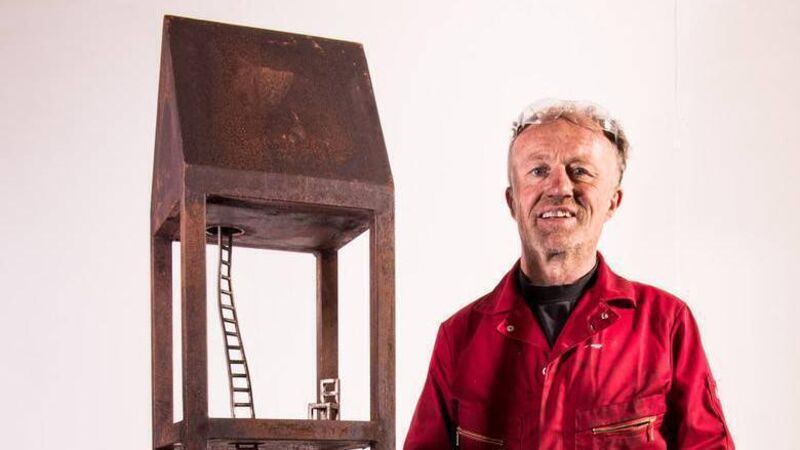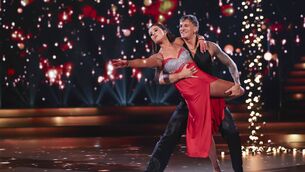Cork sculptor Denis O’Connor on adoption, his latest exhibition and life between Ireland and England

Denis O'Connor currently has an exhibition at Cork County Hall.
Over the past 40 years, Denis O’Connor has won acclaim for his public sculptures throughout Britain and Ireland, which he creates at his studio in Derbyshire or at his second home in Barna, West Cork.
A native of Millstreet, O’Connor’s works in Ireland include two in Cork city; The Hurlers at Blackpool Bypass, and Lost Industries on Leitrim St, which commemorate Glen Rovers hurling club and the old textiles mill at Pouladuff, respectively.




